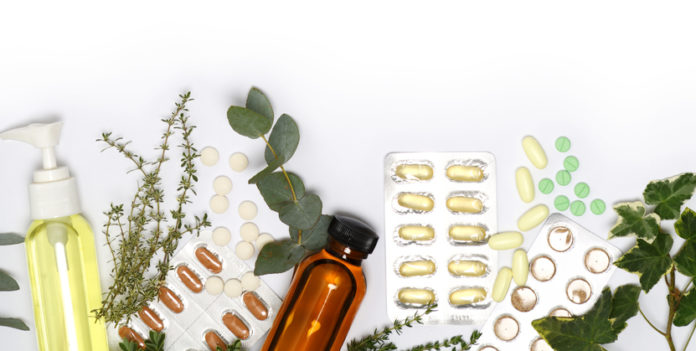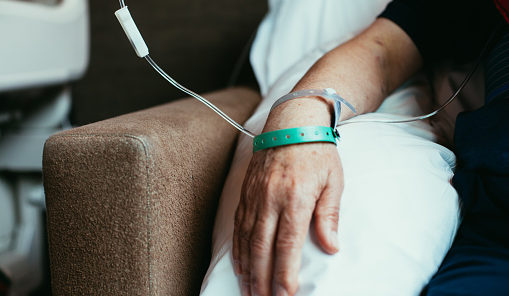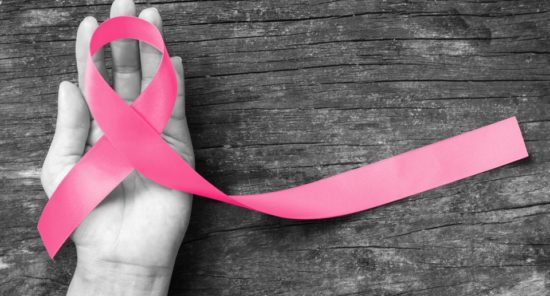Patients with breast or prostate cancer who use herbs or supplements may be at risk of medication interactions during as well as after chemotherapy, according to a study.
It is not uncommon for patients with cancer to use herbs or supplements, but it isn’t entirely clear how this use may interact with chemotherapy, the researchers explained.
To examine this further, they conducted a telephone survey of patients with breast or prostate cancer who recently completed chemotherapy at two academic centers. The interview included questions about all medications—including herbs and supplements—before, during, and after chemotherapy. Potential medication interactions were identified using Micromedex, Lexicomp, and Natural Medicines Comprehensive Database interaction software programs.
Sixty-seven patients took part in the phone interviews; they ranged in age from 39 to 77 years. Most patients were White (73%) and had breast cancer (87%). Over the study period, the median number of medications was 11 (range, 2-28) and was highest during chemotherapy (7; range, 2-22).
Most patients used herbs and supplements (84%). Overall, 1,747 potential medication interactions were identified; they represented 635 unique interactions before, during, and after chemotherapy—most of which occurred during. The most common types were prescription-related (70%), herb and supplement-related (50%), and anticancer treatment-related potential medication interactions (22%).
Just over half of potential medication interactions were considered moderate interactions (54%); more than a third were classified as major interactions (38%). During chemotherapy, 51% of patients reported using herbs and supplements, and after chemotherapy, two-thirds of patients were using herbs and supplements; this was associated with an uptick in herbs and supplements potential medication interactions, increasing from 46% to 60%. Patients who used herbs and supplements, compared to those who did not, had a higher risk for major potential medication interactions (92% vs. 70%, P=0.038).
The study was published in Cancer.
“Patients should be educated about the risk of herb and supplement–related medication interactions during treatment,” the study authors recommended.
Credit: Original article published here.










